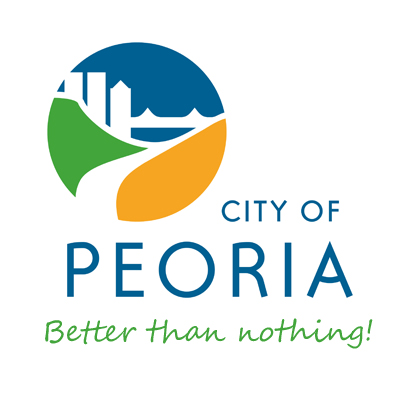From a press release:
FOR IMMEDIATE RELEASE
PEORIA MAYOR JIM ARDIS AND OTHERS TO CALL FOR FAIR NEGOTIATIONS AT THE JOURNAL STAR DURING 9 A.M. NEWS CONFERENCE MONDAY, APRIL 9, AT PEORIA CITY HALL
It’s time to save the Journal Star.
As downstate Illinois’ largest newspaper, the Journal Star continues to be highly profitable. However, New York-based owner GateHouse Media continues to push for the slashings of jobs and salaries of the people who write, create and deliver the paper.
Why? GateHouse recently lavished a $800,000 bonus on CEO Michael Reed, who makes a salary of $500,000 a year. Further plump bonuses to other executives pushed the total to far over $1 million.
While GateHouse continues to try to slash the Journal Star, readers might ask questions. How does a smaller local staff make for a better local paper? How do continued cuts at the newspaper make for a better value for readers?
We ask the same questions. We are Peoria Unit 86 of the United Media Guild, which represents those targeted employees. We want only reasonable contract negotiations and a fair settlement. We just want to do our jobs as Peoria’s public watchdog.
Please join us at 9 a.m. Monday, April 9, in front of Peoria City Hall, 419 Fulton Street. Mayor Jim Ardis will present a letter signed by the City Council urging GateHouse to reach a fair settlement with the Guild.
We also will present a similar letter from the head pastors of two of the largest churches in Peoria – who requested to meet with Journal Star publisher Ken Mauser, but were denied – urging justice and moral fairness in ongoing contract negotiations.
In other Journal Star news, Managing Editor John Plevka is leaving the paper to head up the student newspaper at ISU.

